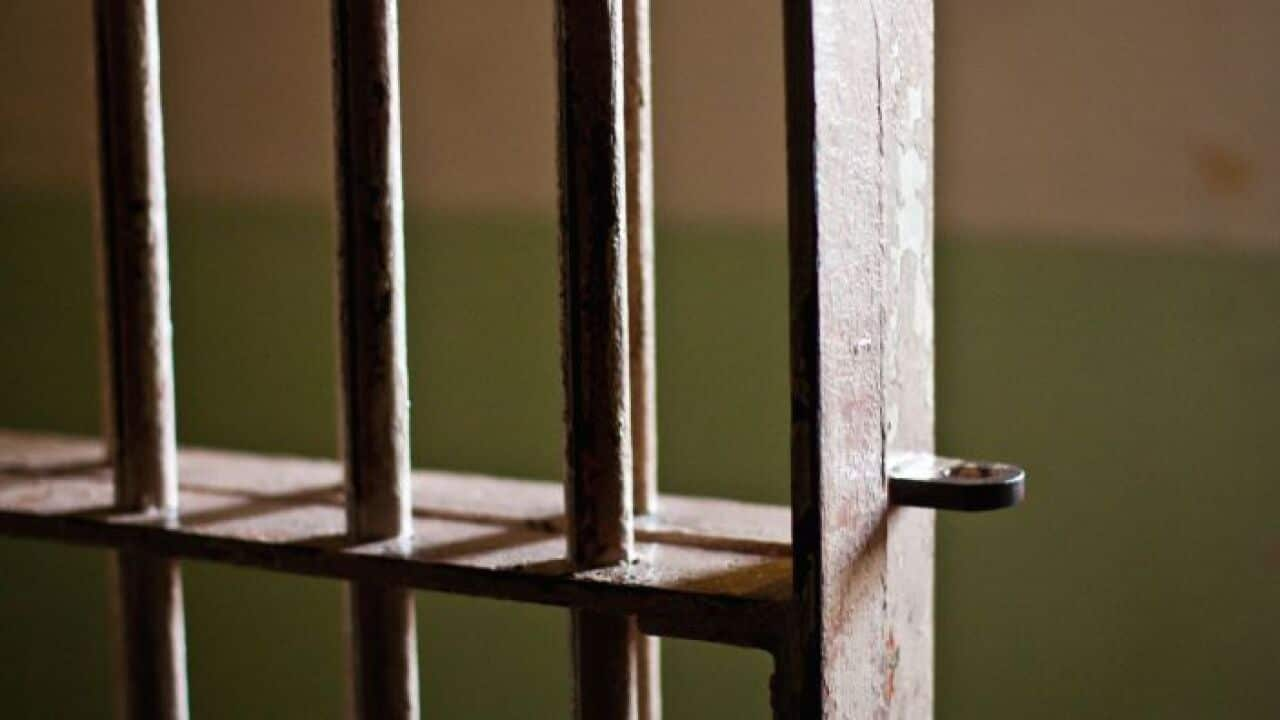The imprisonment rate of Aboriginal and Torres Strait Islander women has skyrocketed nearly 150 per cent since the Royal Commission into Aboriginal Deaths in Custody in 1991.
Indigenous women make up around 34 per cent of the female prison population but only 2 per cent of the adult female population.
The report, Over-represented and overlooked: the crisis of Aboriginal and Torres Strait Islander women's growing over-imprisonment, calls for system-wide change and outlines 18 recommendations to redress racialised and gendered justice system outcomes.
Vickie Roach, a former prisoner turned writer and advocate said punitive approaches don’t work for Aboriginal and Torres Strait Islander women.
"They punish our women, their families and communities, for actions that are often the consequence of forced child removal and assimilation policies,” she said.
Ms Roach, a member of the Stolen Generations, spent many years in and out of courts, children's homes and jails while struggling with addiction and violent relationships.
Now she dedicates her time to the de-carceration of Aboriginal and Torres Strait Islander people.
"While in prison, I fought to be allowed to study philosophy, sociology, literature and writing, and worked with lawyers and activists, as an equal, to successfully challenge prisoner voting ban laws in the High Court. I’ve always been an avid reader and had a strong sense of justice. While education in prison was important for me, what would have been more helpful would have been not being taken from my mother, and not being criminalised at a young age. I needed support, stable housing and healing when I was young, not punishment. Later, I needed stable housing to escape family violence, but I was unsafe and vulnerable."
Director of Legal Advocacy at the Human Rights Law Centre, Adrianne Walters, said the tragic and preventable death of Ms Dhu is a devastating example of what happens when the justice system fails Aboriginal and Torres Strait Islander women.
"Ms Dhu was locked up under draconian laws that see Aboriginal women in WA disproportionately locked up for fines they cannot pay. She was treated inhumanely by police and died in their care. At a time when she most needed help, the justice system punished her,” she said.
Deputy CEO of the Victorian Aboriginal Legal Service, Annette Vickery says the vast majority of Aboriginal and Torres Strait Islander women in custody are mothers.
"While Aboriginal and Torres Strait Islander women are often in custody for short periods, even a short time can cause devastating and long term upheaval, children taken into child protection, stable housing lost, employment denied," she said.
“Governments should be doing everything they can to help women avoid prison to prevent the devastating rippling effects of women’s imprisonment on children and families,” Ms Vickery said.
Co-Chair of the Change the Record Coalition and Convener of the National Family Violence Prevention Legal Services Forum, Antionette Braybrook says for too long Indigenous women have been ignored by policy-makers.
"It is time for governments at all levels to put Aboriginal and Torres Strait Islander women's experiences and voices front and centre, and listen to what we have to say about the solutions,” she said.
“The report highlights the importance of Aboriginal and Torres Strait Islander women having access to specialist, holistic and culturally safe services and supports that address the underlying causes of imprisonment."
The report calls for 18 recommedations including all levels of government commit to increased funding and support for Aboriginal and Torres Strait Islander community-led prevention and early intervention efforts, and a move away from 'tough on crime' approaches in reality and rhetoric.
Ms Walters says over-zealous policing and excessive police powers, driven by tough on crime politics, see too many Aboriginal and Torres Strait Islander women and men fined and locked up for minor offending.
"Only last month, the WA Coroner recommended the removal of police arrest and detention powers for public drinking after another Aboriginal woman died in police custody,” she said.
Vickie Roach says the 'tough on crime' apporach does not work.
“Governments should be getting rid of laws that unfairly criminalise our women. They should be trying to close prisons and focusing on alternatives that are healing. You need to respect women’s dignity, but in my experience, so often the criminal justice system just takes it away,” she said.
With AAP














